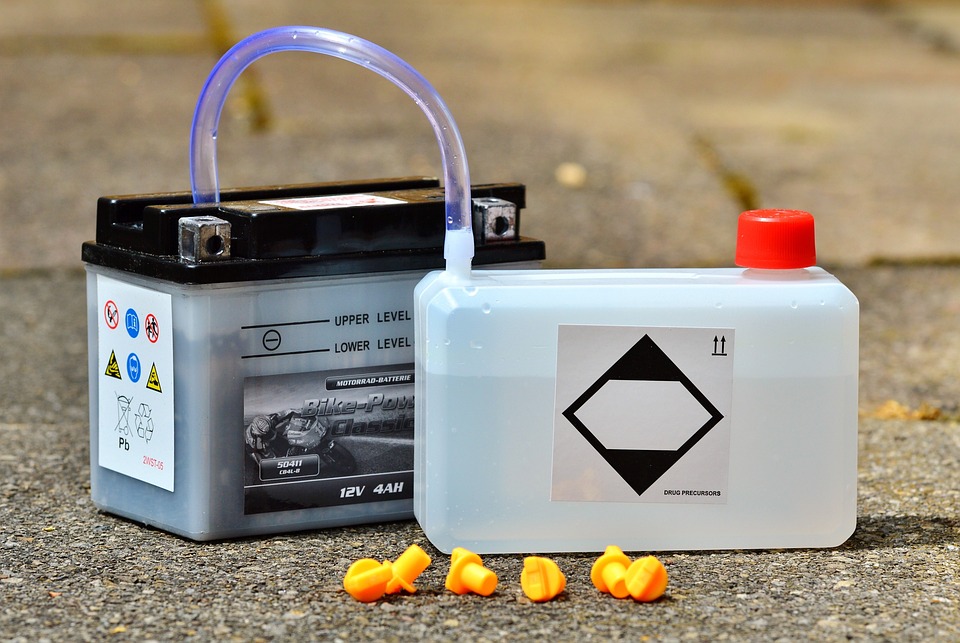Title: Unlocking the Power of Vitamin B2: The Benefits of Riboflavin for Muscle Building
As bodybuilders and athletes, we understand the importance of a well-balanced diet that provides all the necessary nutrients to fuel our muscles. While protein, creatine, and HMB are popular supplements among bodybuilders, another crucial nutrient often gets overlooked – Vitamin B2, also known as Riboflavin. In this article, we will explore the benefits of Vitamin B2 (Riboflavin) for muscle building and why it’s an essential nutrient for every athlete’s regimen.
What is Vitamin B2 (Riboflavin)?
Riboflavin is a water-soluble B-complex vitamin that plays a crucial role in energy metabolism. It’s a critical component of coenzymes, specifically flavin mononucleotide (FMN) and flavin adenine dinucleotide (FAD), which are involved in various cellular processes, such as energy production, antioxidant defense, and DNA repair.
Benefits of Vitamin B2 (Riboflavin) for Muscle Building:
- Enhances Energy Production: Riboflavin is essential for energy production within the mitochondria. As athletes, we need adequate energy to power our workouts and support muscle recovery. Vitamin B2 helps to convert carbohydrates, fats, and proteins into ATP (adenosine triphosphate), the energy currency of the body.
- Supports Muscle Function: Riboflavin is involved in the biosynthesis of various muscle proteins, which are essential for muscle growth and repair. Supplementing with Riboflavin may help to support muscle function, strength, and endurance.
- Antioxidant Properties: As an antioxidant, Vitamin B2 helps to neutralize free radicals that can damage muscle tissue and impair exercise performance. This property can help to reduce oxidative stress, a common occurrence in muscle tissue, particularly during intense exercise.
- Reduces Muscle Damage and Inflammation: Riboflavin has been shown to reduce muscle damage and inflammation caused by eccentric exercise, which is important for athletes who engage in high-intensity workouts.
- Supports Neuromuscular Function: Vitamin B2 plays a role in maintaining healthy nerves and nerve impulses, which are critical for muscle contraction and coordination.
Food Sources of Vitamin B2 (Riboflavin):
Vitamin B2 is found in a variety of food sources, including:
- Dairy products (milk, yogurt, cheese)
- Leafy green vegetables (spinach, broccoli, kale)
- Meats (chicken, beef, lamb)
- Legumes (beans, lentils, chickpeas)
- Grains (brown rice, oats, quinoa)
- Nuts and seeds (almonds, sunflower seeds, spinach)
How to Ensure Adequate Intake of Vitamin B2:
If you’re struggling to consume enough Riboflavin through diet alone, consider supplementing with a multivitamin that contains Vitamin B2. Recommended daily intake varies from 1.3 to 1.9 milligrams per day for adult men and women. Consult with a healthcare professional or registered dietitian to determine the appropriate dosage for your specific needs.
Conclusion:
Vitamin B2, or Riboflavin, is an essential nutrient for muscle building, as it supports energy production, muscle function, antioxidant defenses, and neuromuscular function. While food sources are ideal, supplements can help ensure adequate intake. As an athlete, incorporating Vitamin B2 into your diet or supplement routine may improve exercise performance, reduce muscle damage and inflammation, and support muscle growth and recovery. Always consult with a healthcare professional before making significant changes to your supplement regimen.




GIPHY App Key not set. Please check settings